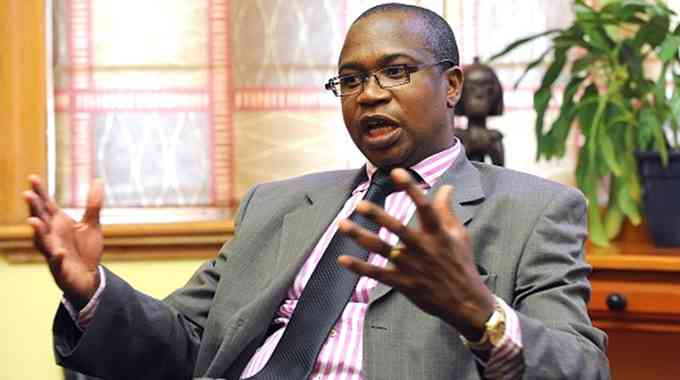
FINANCE minister Mthuli Ncube has been grilled by legislators over excess expenditure on the Trabablas Interchange, with legislators demanding clarity on the project’s total cost and the source of funding amid indications that as much as US$114 million was spent on the project.
President Emmerson Mnangagwa officially opened Trabablas Interchange, formerly Mbudzi Roundabout in Harare on May 30.
Initial reports indicated that the project was funded by an US$88 million loan from Fossil Mines (Private) Limited augmented by allocations from the International Monetary Fund (IMF)’s special drawing rights (SDRs).
Reports indicated that the loan agreement with Fossil Mines, formalised on December 6, 2021, under the Public Debt Management Act [Chapter 22:21], had an interest rate of Libor plus 5% per annum.
Lawmakers asked Ncube to come clean about total expenditure following concerns that the project was heavily inflated.
Emakhandeni legislator Descent Bajila (Citizens Coalition for Change) pressed Ncube to provide a comprehensive breakdown of the project’s cost and to clarify source of funding.
The Treasury boss said the initial loan arrangement for the Trabablas Interchange was US$88 million.
“The cost of Trabablas Interchange was driven by our initial loan arrangement of the order of US$88 million, which was provided by a consortium of contractors,” Ncube said.
- Lafarge account garnished over debt
- Fossil seals Lafarge takeover
- US$88m govt deal raises stink
- Corruption Watch: Mbudzi interchange just another eating project
Keep Reading
“In terms of what we used from the special drawing rights, we were required to pay a deposit of US$26 million.
“So, we used US$26 million from the SDRs to pay that deposit and then the rest was structured as a loan from that US$88 million arrangement.
“So, we blended both the SDRs and the loan from the contractors.”
Bajila further sought clarity, saying Ncube’s explanation was not convincing.
Ncube told the House that the total cost was US$114 million split as US$88 million in loan agreement and US$26 million from SDRs.
Chikanga legislator Prosper Mutseyami questioned the rationale behind the additional US$26 million expenditure given that initially US$88 million was budgeted for the entire project.
In response, Ncube attributed the additional cost to “unforeseen project variations”, citing the “cost of relocating residents affected by the infrastructure”.
“There were some unexpected escalations of that cost, which then pushed us towards increasing the budget by another US$26 million,” Ncube said.
“We spent US$65 million on things such as, for instance, contractors’ establishment on site, accommodation of traffic, the drains and just picking up a few things, pitching storm drain protection against erosion, stabilisation, prime court, road signs and foundation structures, so the hard infrastructure engineering part was US$65,5 million.
“However, the cost of relocating families, households, was quite onerous and that caused the budget to go beyond what was initially budgeted.”
Ncube said they had not planned for cost overruns.
“They occur during the implementation of a project. That is when you discover that you have cost overruns,” he said.
“However, you negotiate movement of people, resettlement, relocation of families during the implementation of the project.
“You can never plan for those upfront and say, well, it is all within budget. There will be budget overruns.”
He added: “Then we had to add some bridges, which were needed. Things like bridge 1, bridge 2, up to bridge 12 that was another US$16 million, for example.
“Then there was the supervisor engineering fees and electrical works.
“Supervisor fees alone were US$2,4 million, electrical works US$4,4 million, for example.
“If you just add those, then we are coming to US$88,3 million.
“You can see that here we have not included the relocation costs that I was referring to.
“This US$26 million went towards those relocation costs, relocating households who were on the way.”
Mbizo legislator Cobarn Madzivanyika challenged the minister, pointing out that the US$26 million was initially presented as an initial deposit, but was now being described as a budget overrun.
He questioned the minister’s authority to incur an additional US$26 million outside of the parliamentary approved loan, which was gazetted on October 6, 2021.
Ncube, however, said he had powers vested in him as Finance minister to authorise the expenditure.
“So, one did not have to come back to Parliament to be able to exercise the powers that Parliament and the Executive have already awarded or extended to me as minister of Finance,” he said.










